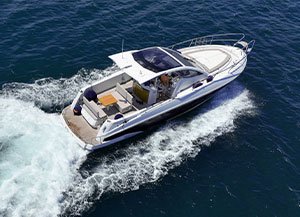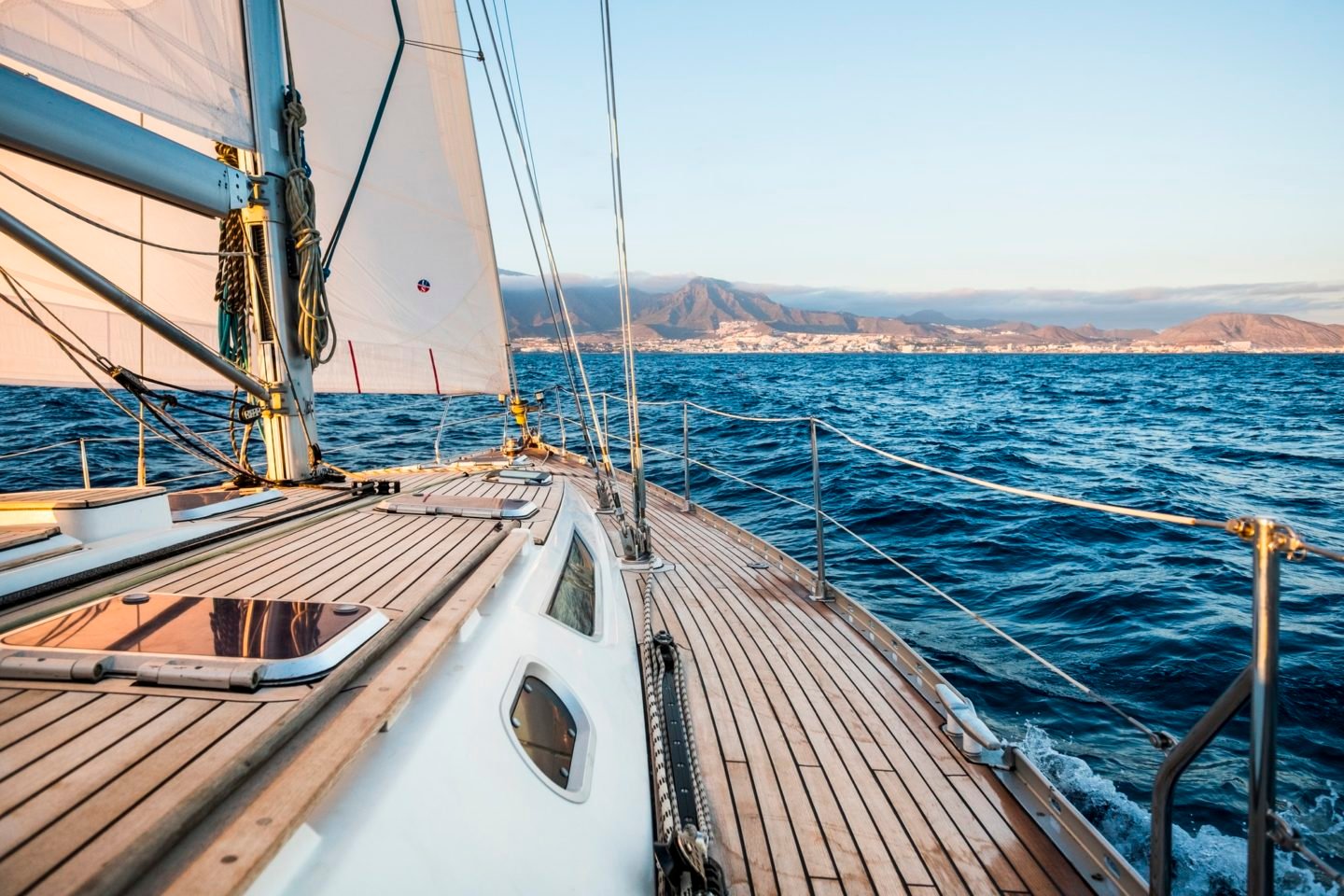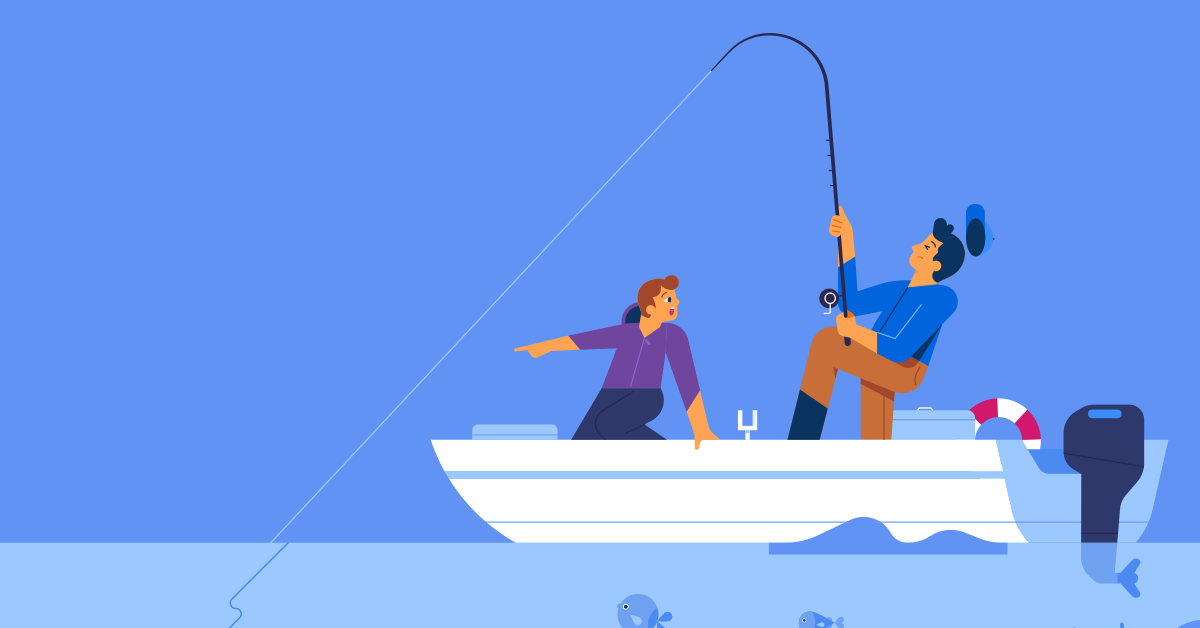Related Questions
Most states in the U.S. do not require boat insurance. Only Arkansas and Utah currently mandate liability coverage for motorboats above 50 HP or personal watercraft However, your lender or marina may still require it—especially if you financed the boat or store it at a dock
Even if not required by law, boat insurance can protect you financially in case of damage, theft, or injury onboard. It also covers medical and liability expenses if someone gets hurt or property is damaged
Standard coverage includes:
Physical damage: Collision, fire, theft, vandalism, storms
Liability: Injuries or property damage to others, legal costs
Personal property and equipment: Fishing gear, life vests, electronics
Towing and assistance: On-water help, fuel delivery, transport to repair facility
Additional protections may include medical payments, uninsured boater coverage, or wreckage/fuel spill removal
Agreed value: You and insurer agree on a set amount; you receive this full amount if your boat is totaled
Actual cash value (ACV): Payout reflects depreciation—typically lower than agreed value. May save on premiums but pays less in claims
No. Insurers offer agreed value policies, but they won’t cover an amount exceeding what you actually paid—insurance isn’t intended for profit
Trailer damage: Covered if endorsed under your boat or auto policy
Transport coverage: Many policies include coverage within a certain distance (e.g., 500 miles). Some may exclude waterborne transport unless specifically added
Yes—where you store or use your boat influences premiums. Coastal or storm-prone areas may cost more, and marinas or lenders often require minimum liability limits
Common options:
Boating safety course discounts (e.g., NASBLA-approved)
Multi-policy discounts (bundling with auto, home, umbrella)
Security features or diesel engines may lower premiums


